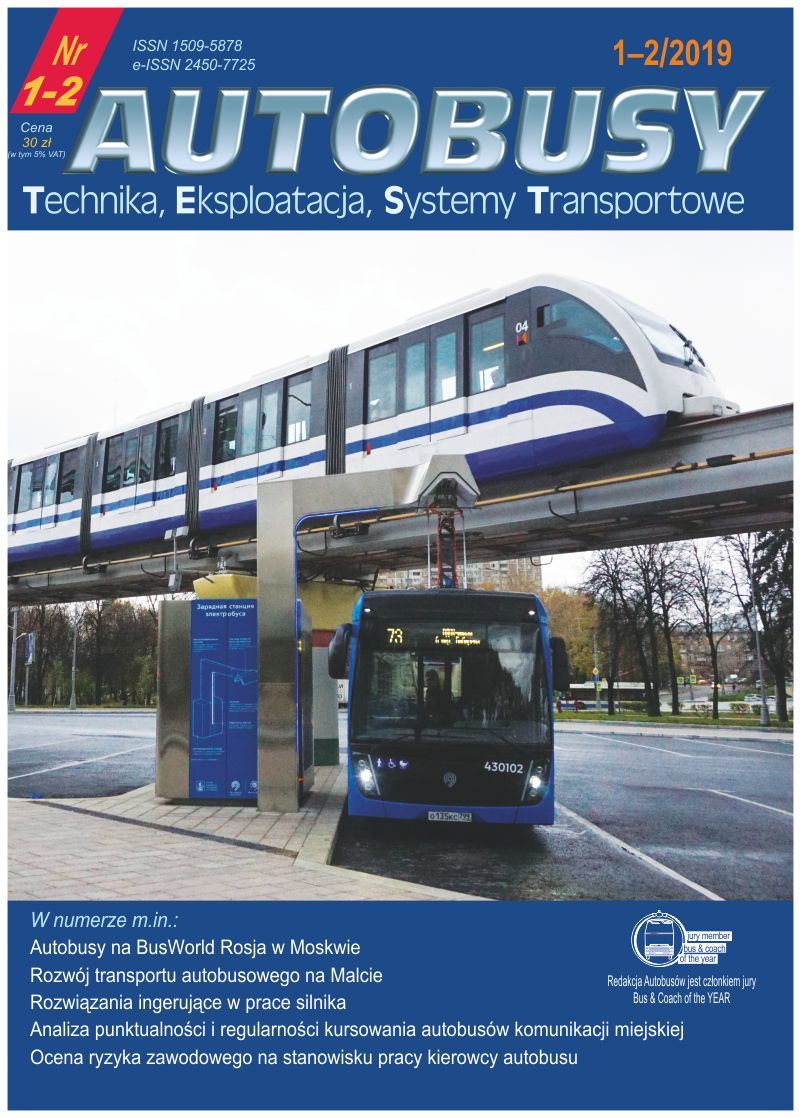The use of ERP systems in didactics of higher education in the era of the concept of Industry 4.0 and Logistics 4.0
DOI:
https://doi.org/10.24136/atest.2019.095Keywords:
ERP, Industry 4.0, Logistics 4.0Abstract
The article presents challenges faced by higher education didactics resulting from the development of new concepts, Industry 4.0 and Logistics 4.0. In this context, there is now a research problem in how to conduct the didactic process, to be related to the real issues of the production companies and the TSL industry that occur in the everyday life of a company. The article may be an aid in choosing a modern ERP class system for the needs of the didactic process in a higher education institution, which should support a sequence of integrated procurement processes, production and distribution of goods as part of the Industry 4.0 and Logistics 4.0 concept. The selection process presented in the article should include the formulation of requirements regarding the selection of the appropriate ERP system by the university, the choice of the system and the parameterization of the solution to the specifics of the didactic classes along with the development of the laboratory schedule.
Downloads
References
Andersson P., Mattsson L.-G., Service innovations enabled by the internet of things, „IMP J.” 2015, nr 9(1).
Barreto L., Amaral A., Pereira T., Industry 4.0 implications in logistics: an overview, „Procedia Manufacturing” 2017, nr 13.
Bechtsis D., Tsolakis N., Vlachos D., Srai J. S., Intelligent Au-tonomous Vehicles in digital supply chains: A framework for integrating innovations towards sustainable value networks, „Journal of Cleaner Production„ 2018, nr 181.
Berger C., Hees A., Braunreuther S., Reinhart G., Characteriza-tion of Cyber-Physical Sensor Systems, „Procedia CIRP” 2016, nr 41.
Bobrowski D., Modele i metody matematyczne teorii niezawodności w przykładach i zadaniach, WNT, Warszawa 1985.
Brettel M., Friederichsen N., Keller M., Rosenberg M., How virtualization, decentralization and network building change the manufacturing landscape: an industry 4.0 perspective, „Int. J. Mech. Ind. Sci. Eng.” 2014, nr 8(1).
Cirulis A., Ginters E., Augmented Reality in Logistics, „Procedia Computer Science” 2013, nr 26.
Gorecky D., Schmitt M., Loskyll M., Human-Machine-Interaction in the Industry 4.0 era, IEEE International Conference on Industrial Informatics (INDIN), Porto Alegre 2014.
Kehoe B., Patil S., Abbeel P., Goldberg K., A Survey of Research on Cloud Robotics and Automation, „IEEE Transactions on Automation Science and Engineering” 2015, nr 12(2).
Kovalský M., Mičieta B., Support Planning and Optimization of Intelligent Logistics Systems, „Procedia Engineering„ 2017, nr 192.
Kumar S. P. L., State of The Art-Intense Review on Artificial Intelligence Systems Application in Process Planning and Manufacturing, „Engineering Applications of Artificial Intelligence” 2017, nr 65.
Liao Y., Deschamps F., Loures E. F. R., Ramos L. F. P., Past, Present and Future of Industry 4.0 - a Systematic Literature Re-view and Research Agenda Proposal, „International Journal of Production Research” 2017, nr 55(12).
Nolin J., Olson N., The internet of things and convenience, „Internet Res.” 2016, nr 26(2).
Paelke V., Augmented reality in the smart factory: Supporting Workers in an Industry 4.0 Environment, „2014 IEEE Emerging Technology and Factory Automation (ETFA)” 2014, nr 1-4.
Parvin S., Hussain F., Hussain O., Thein T., Park J., Multi-cyber framework for availability enhancement of cyber-physical systems, „Computing” 2013, nr 95(10-11).
Pinheiro E., Weber W.-D., Barroso L. A., Failure Trends in a Large Disk Drive Population, 5th USENIX Conference on File and Storage Technologies FAST’07, San Jose 2007.
Scavo F., Newton B., Longwell M., Choosing Between Cloud and Hosted ERP, and Why it Matters, „Computer Economics Report” 2012, nr 34(8).
Sehwan P., 3D Printing Industry Trends, „The International Journal of Advanced Culture Technology” 2014, nr 2(1).
Strandhagen J. O., Vallandingham L. R., Fragapane G., Strandhagen J. W., Stangeland A. B. H, Sharma N., Logistics 4.0 and emerging sustainable business models, „Advances in Manufacturing” 2017, nr 5(4).
Torbacki W., Metodyka wyboru i wdrożenia systemu ERP w dobie rozwoju Przemysłu 4.0, Innowacje w Zarządzaniu i Inżynierii Produkcji (pod r. R. Knosali), t.2, Oficyna Wydawnicza Polskiego Towarzystwa Zarządzania Produkcją, Opole 2018.
Wanga Y., Potter A., Naim M., Beevor D., A case study exploring drivers and implications of collaborative electronic logistics marketplaces, „Industrial Marketing Management” 2011, nr 40(4).
Zhong R. Y., Xu X., Klotz E., Newman S., Intelligent Manufacturing in the Context of Industry 4.0: A Review, „Engineering” 2017, nr 3(5).



